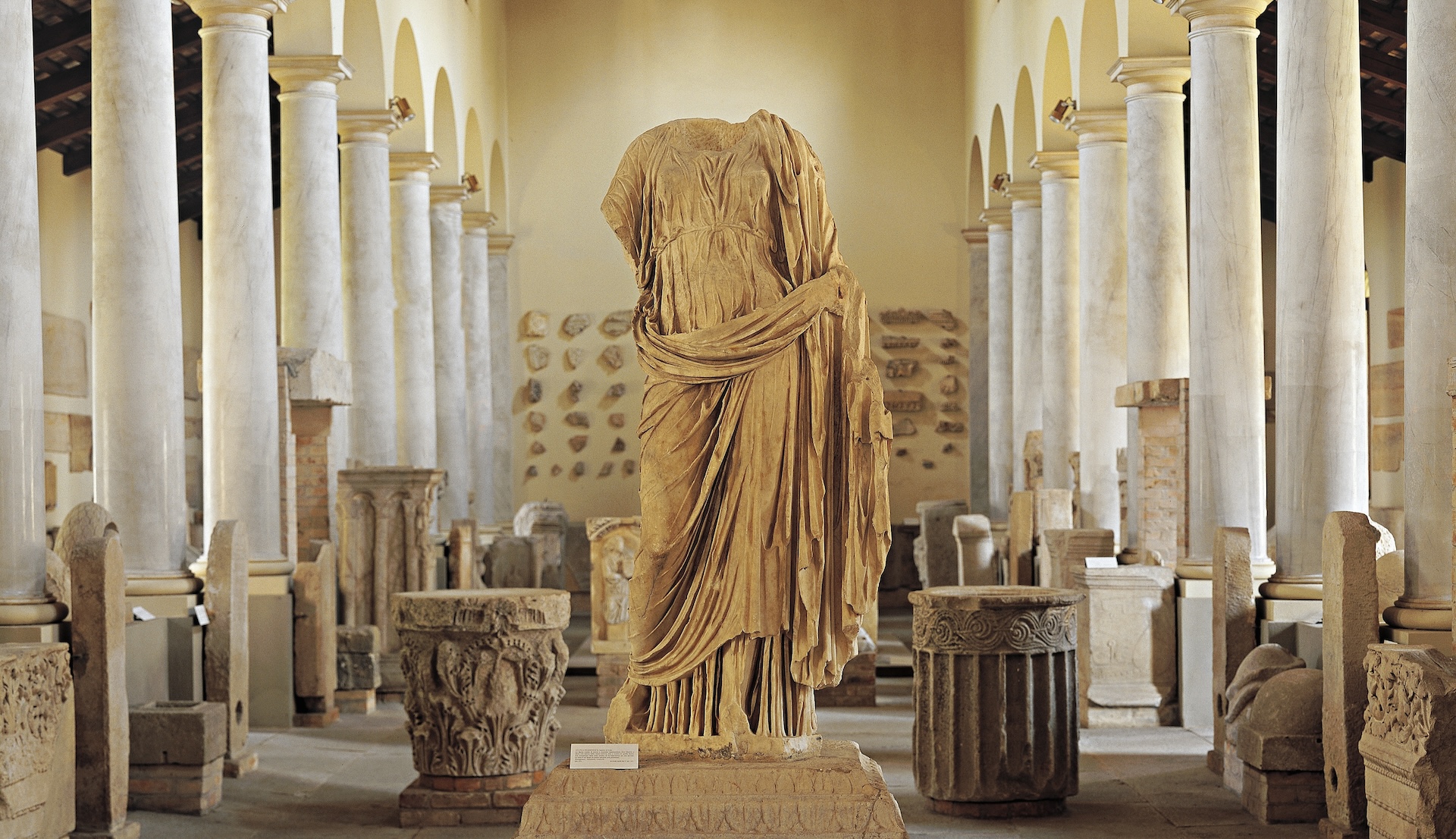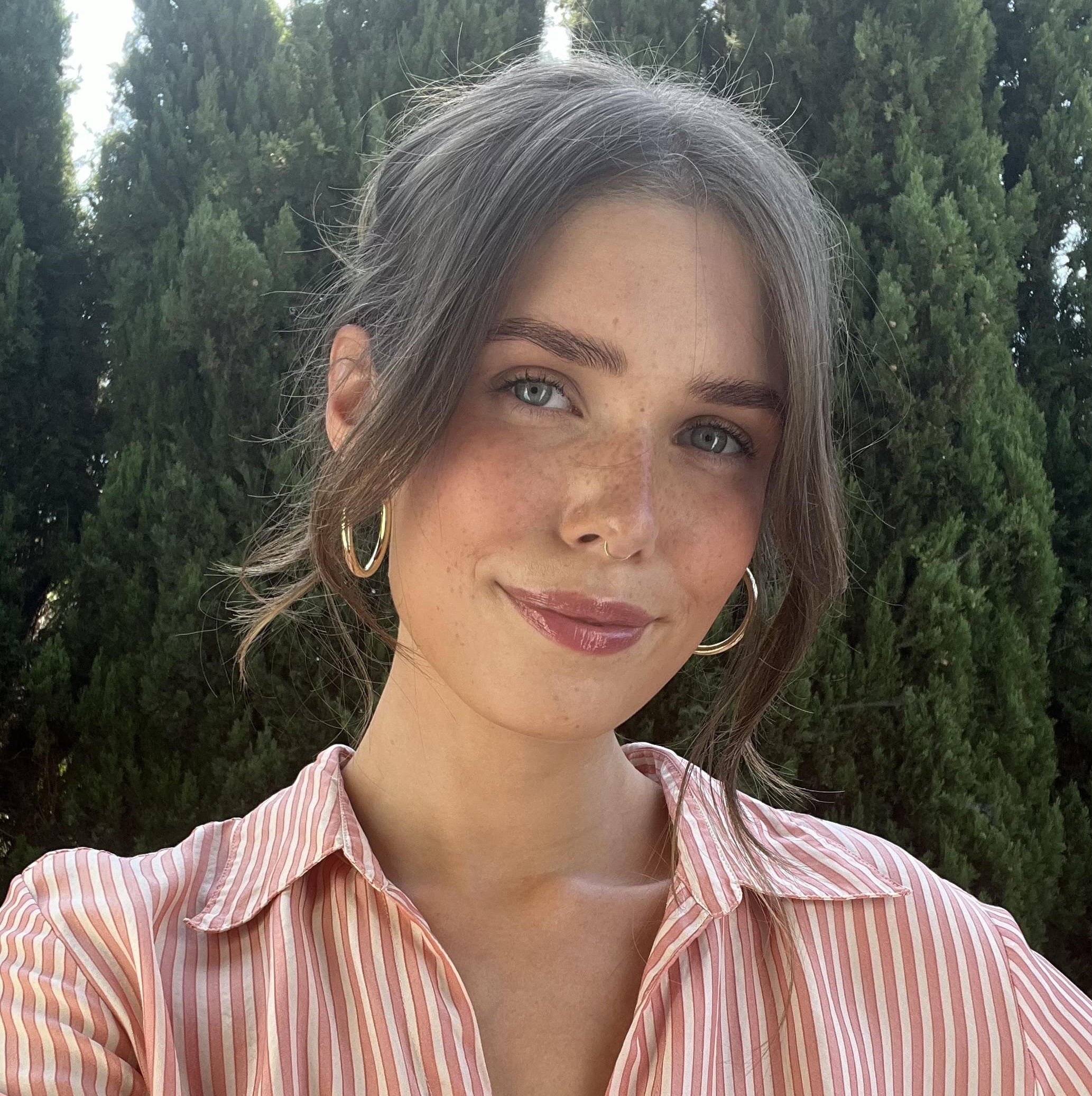
Marilyn Perkins
Marilyn Perkins is the content manager at Live Science. She is a science writer and illustrator based in Los Angeles, California. She received her master’s degree in science writing from Johns Hopkins and her bachelor's degree in neuroscience from Pomona College. Her work has been featured in publications including New Scientist, the Johns Hopkins Bloomberg School of Public Health magazine and Penn Today, and she was the recipient of the 2024 National Association of Science Writers Excellence in Institutional Writing Award, short-form category.
Latest articles by Marilyn Perkins
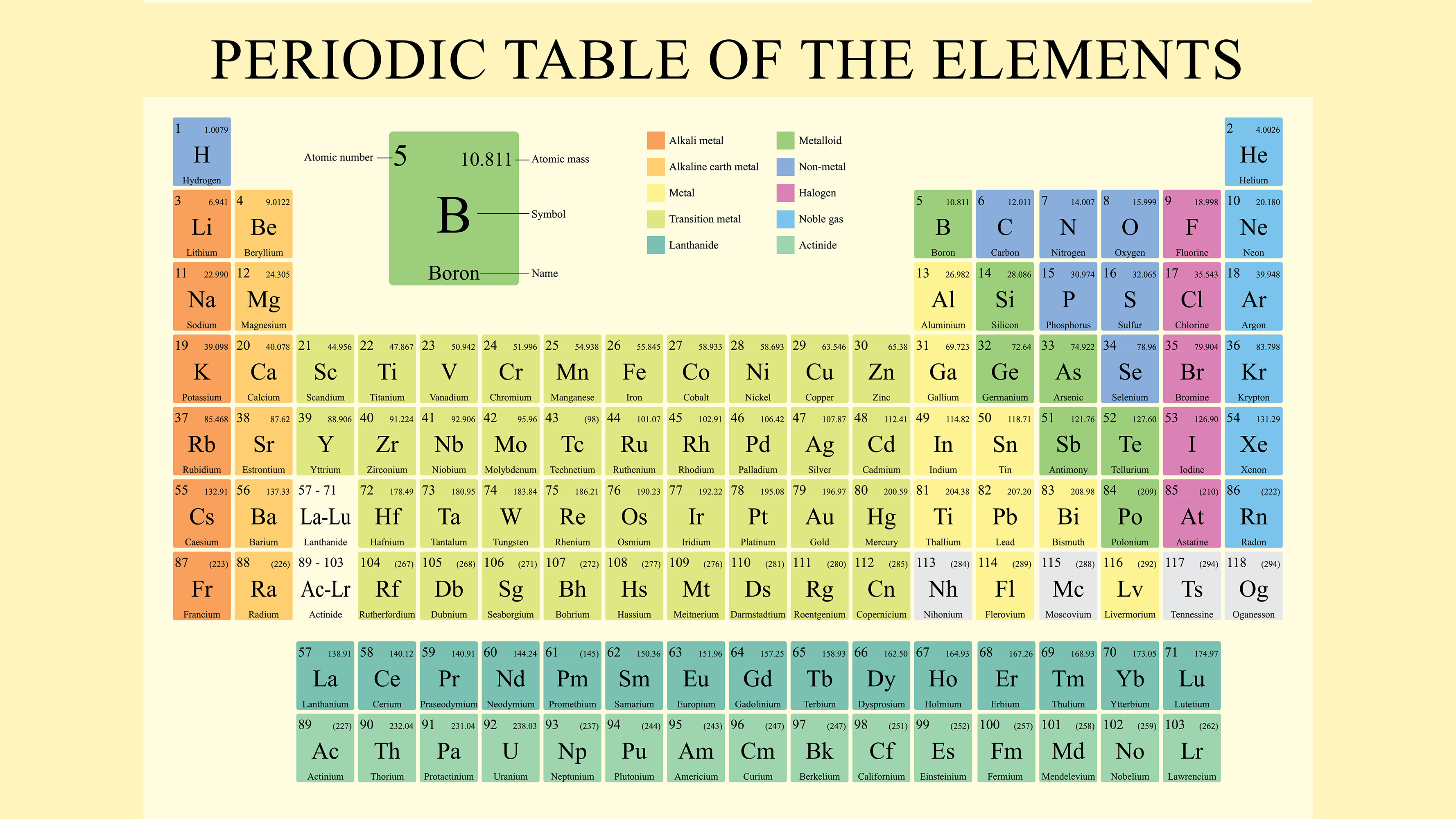
Periodic table of elements: How it works and who created it
By Jeanna Bryner, Tim Sharp last updated
The Periodic Table, first created by Dmitri Mendeleev, organizes all of the known elements in an informative array.
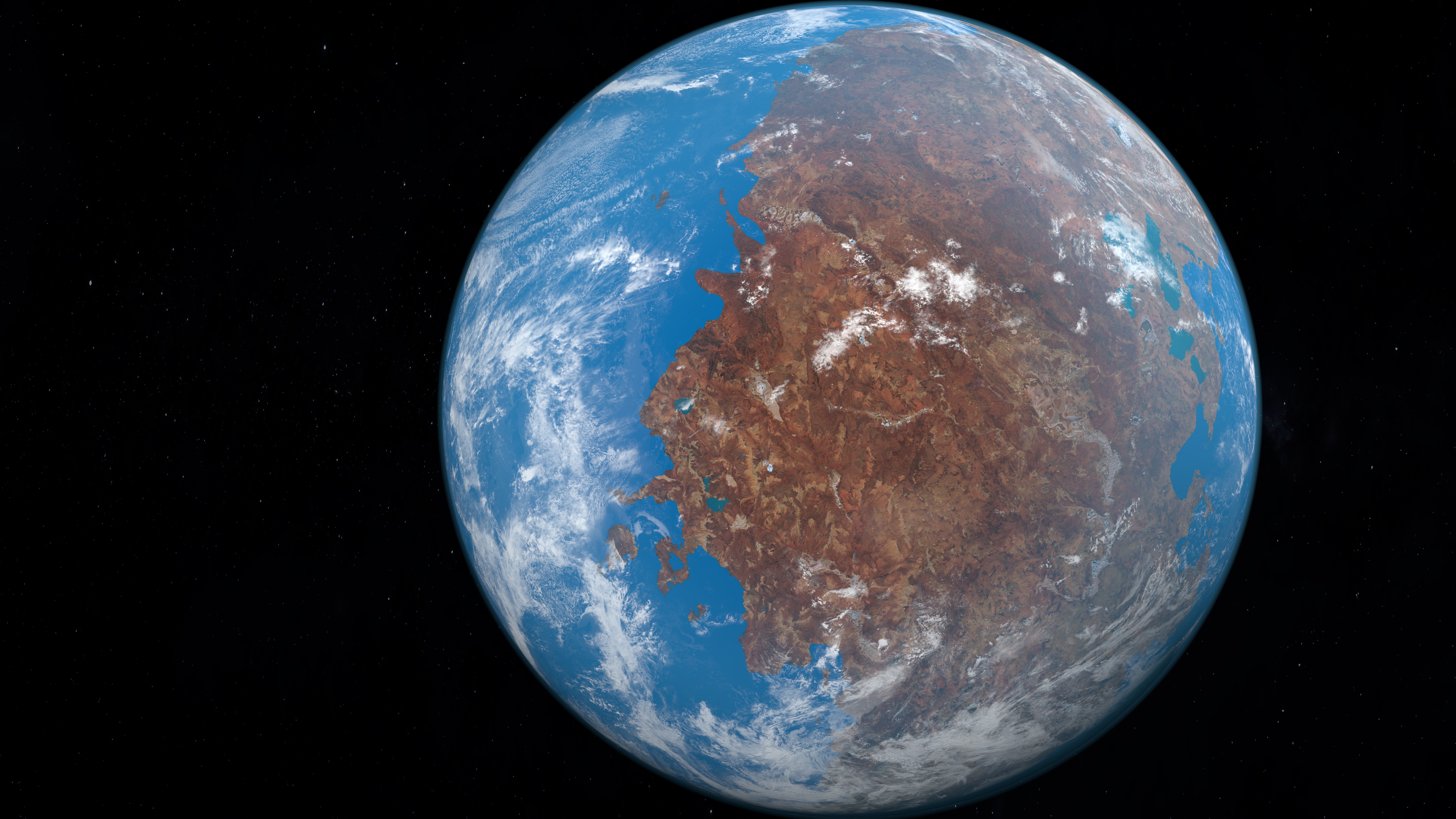
Pangaea: Discover facts about Earth's ancient supercontinent
By Laura Geggel, Tia Ghose last updated
Pangaea is Earth's most recent supercontinent, which existed 320 million to 195 million years ago.
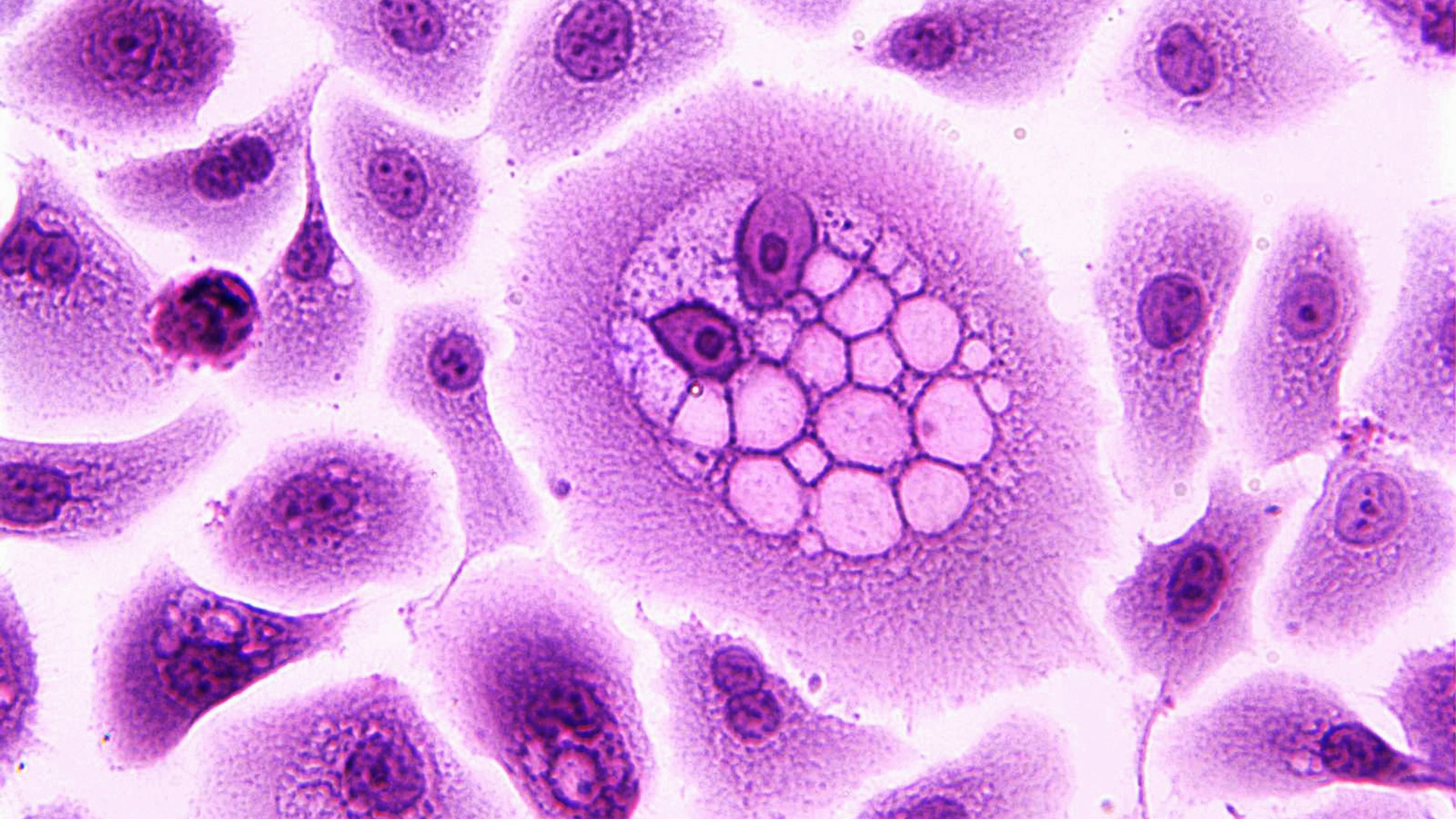
Can viruses cause cancer?
By Marilyn Perkins published
The far-reaching impact of certain viruses on the body can make cells grow out of control, causing cancer.
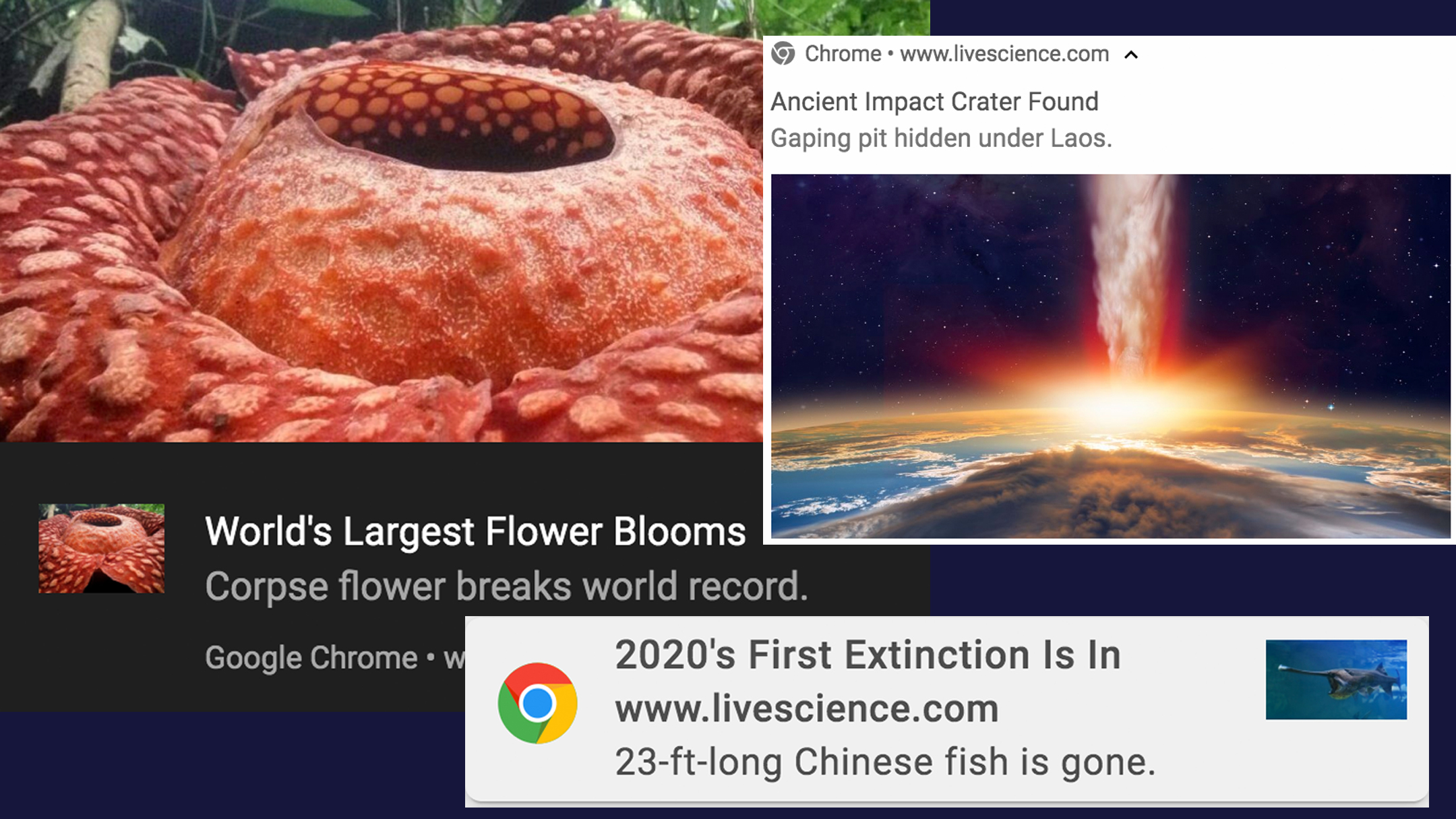
How to turn off web notifications for Google Chrome and macOS
By Jeanna Bryner last updated
Here's a handy guide on how to turn off web notifications for Google Chrome and macOS.

Why do hangovers get worse with age?
By Marilyn Perkins published
Scientists haven't actually confirmed a link between age and hangover severity, but there are some reasons why older people might feel worse after a night of drinking than young folks would.
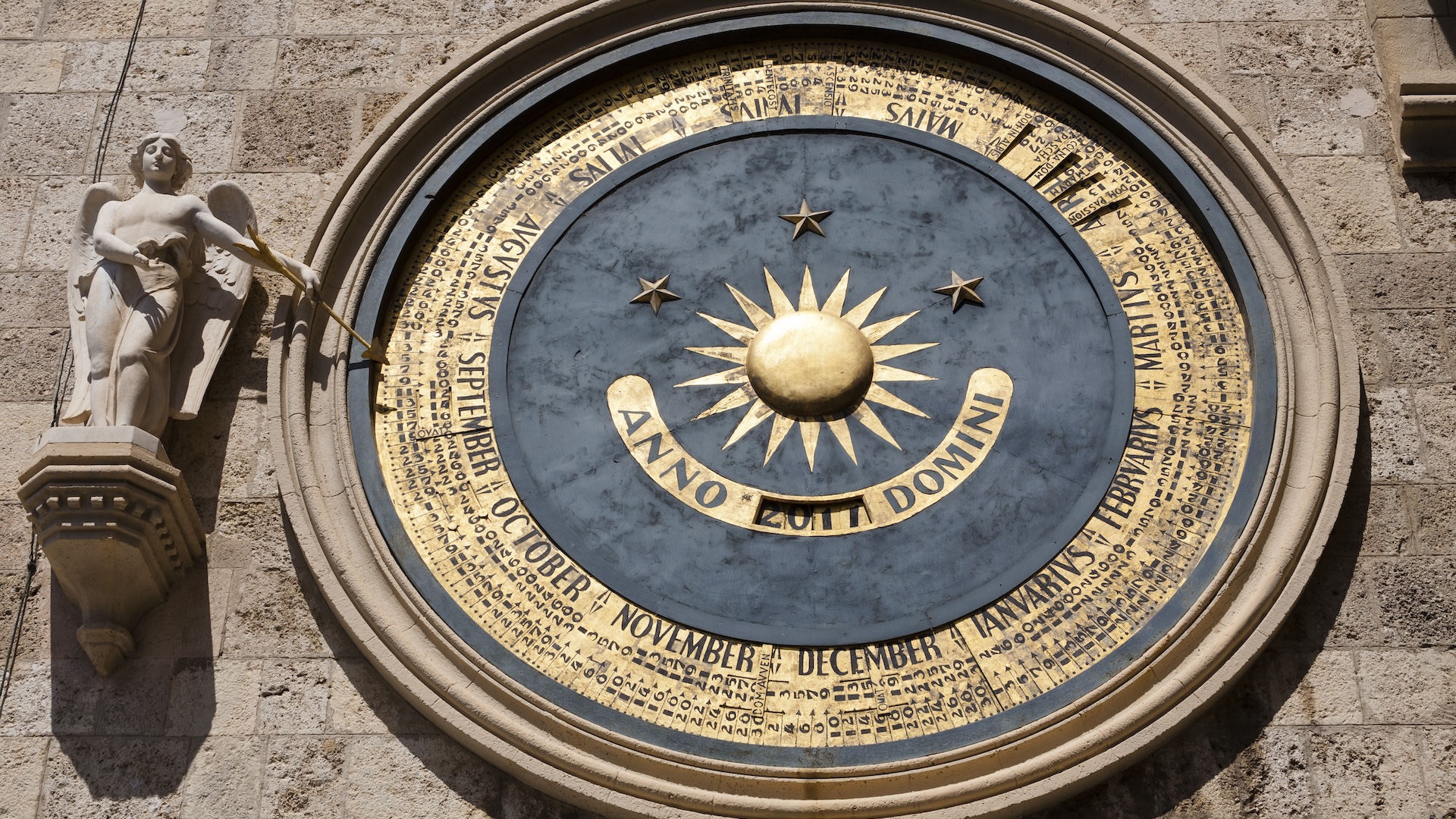
Keeping time: The history, origin and meanings of B.C. and A.D.
By Robert Coolman, Owen Jarus last updated
The use of "anno domini" and "before Christ" to mark time began in the early days of Christianity, when clerics needed to know when Easter would fall.
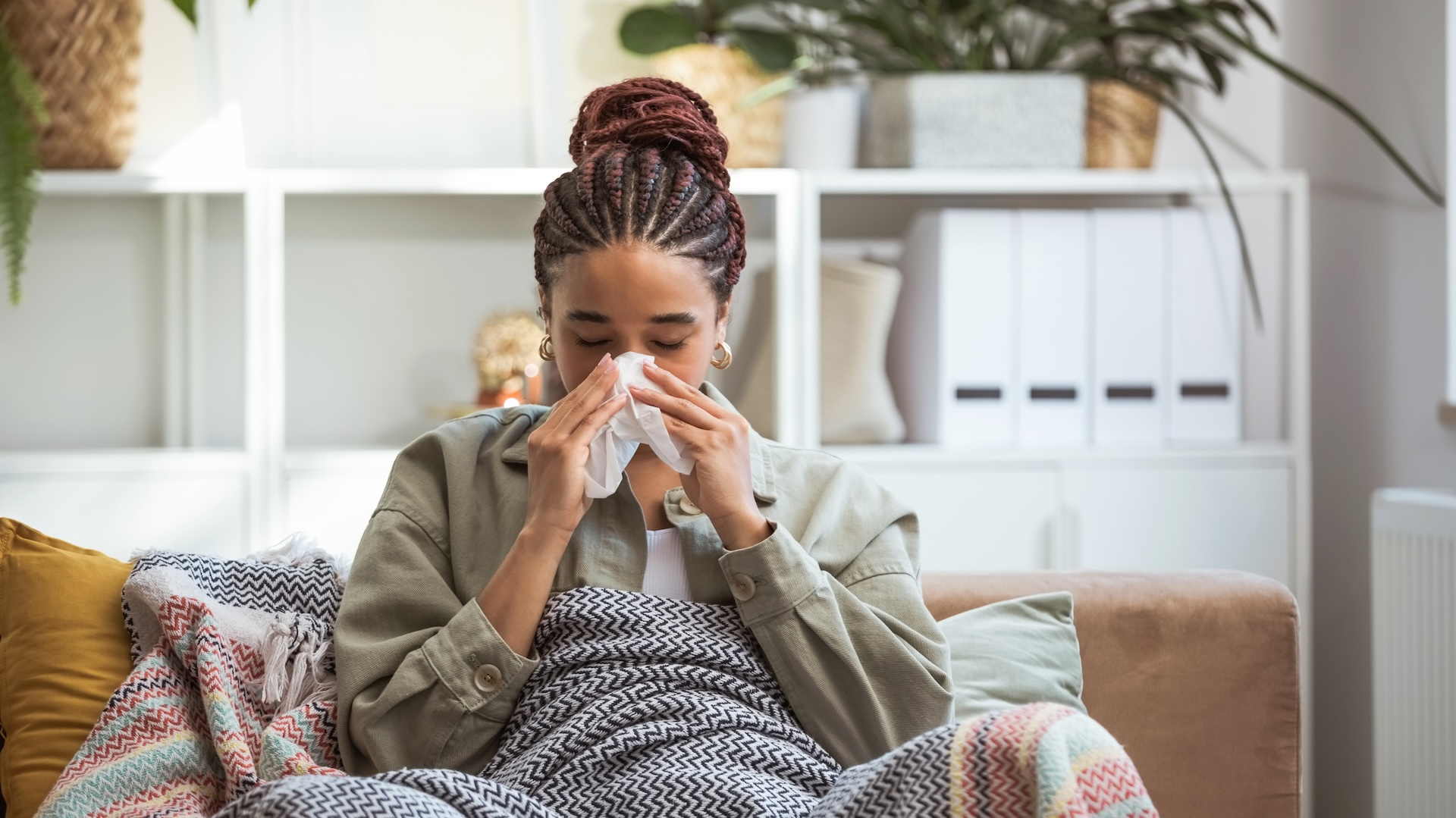
How long is the flu contagious?
By Marilyn Perkins published
Many factors affect the infectious period of seasonal influenza, commonly called "the flu," but there are some good rules of thumb for when it's safe to return to work or school.
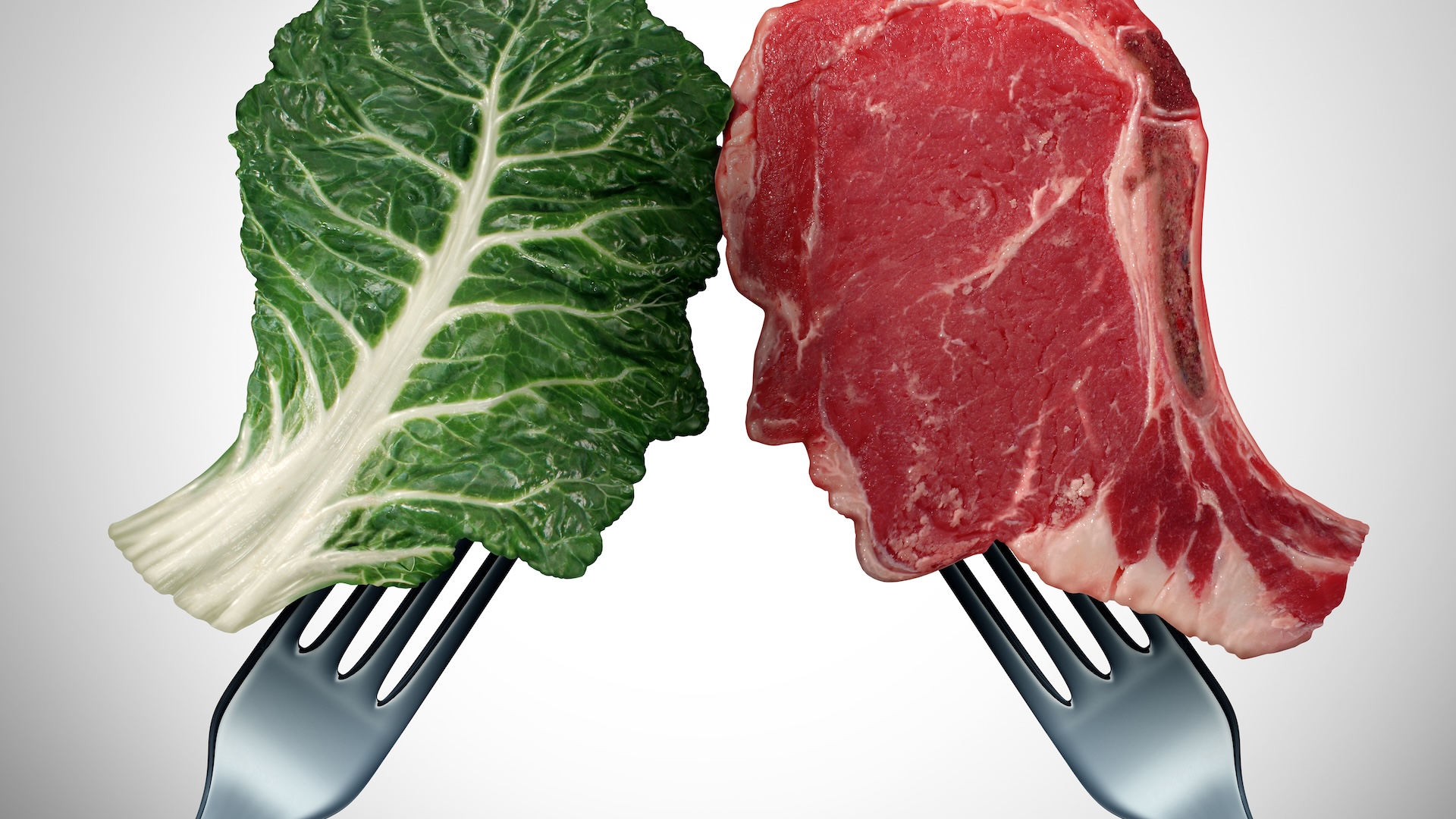
Why does meat have more protein than vegetables?
By Marilyn Perkins published
The biological needs of plants and animals affect their cells' protein content, but the story goes deeper than that.
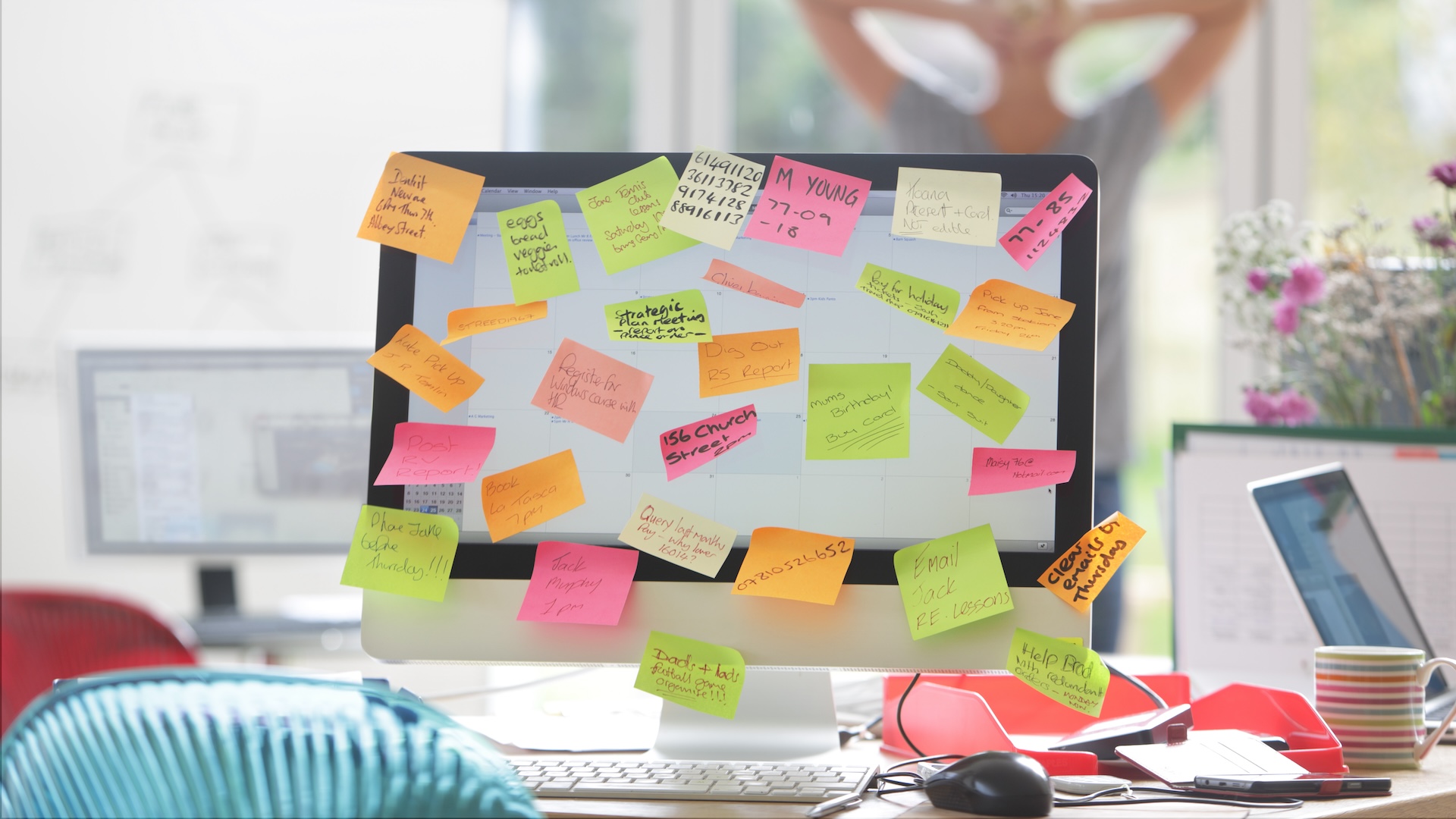
Why do we forget things we were just thinking about?
By Marilyn Perkins published
When the brain "juggles" information, things can fall through the cracks.
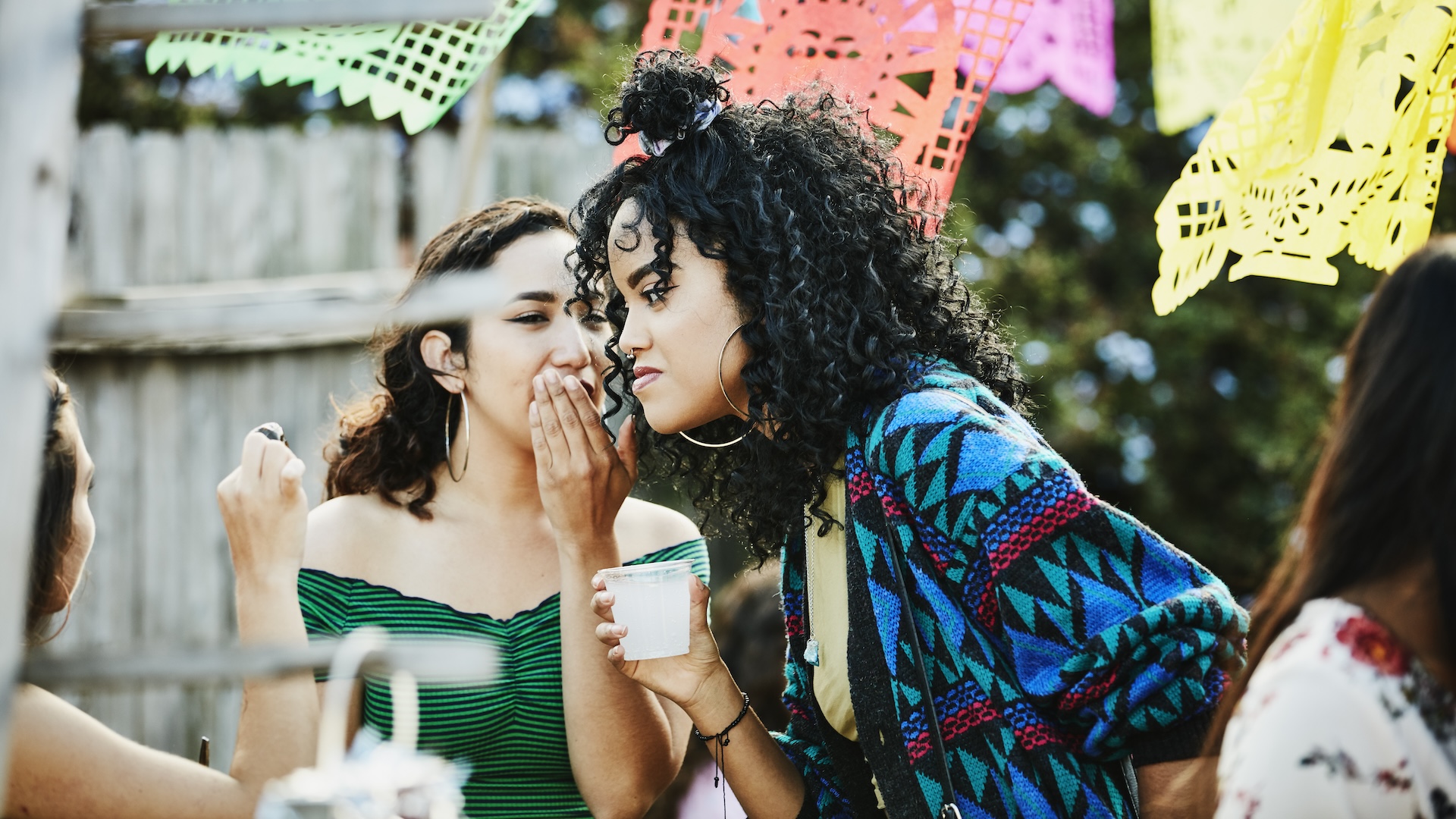
Are people more honest when they're drunk?
By Marilyn Perkins published
Drinking can change the brain in a way that makes people more likely to speak their mind, but the effects aren't always straightforward.
Sign up for the Live Science daily newsletter now
Get the world’s most fascinating discoveries delivered straight to your inbox.

